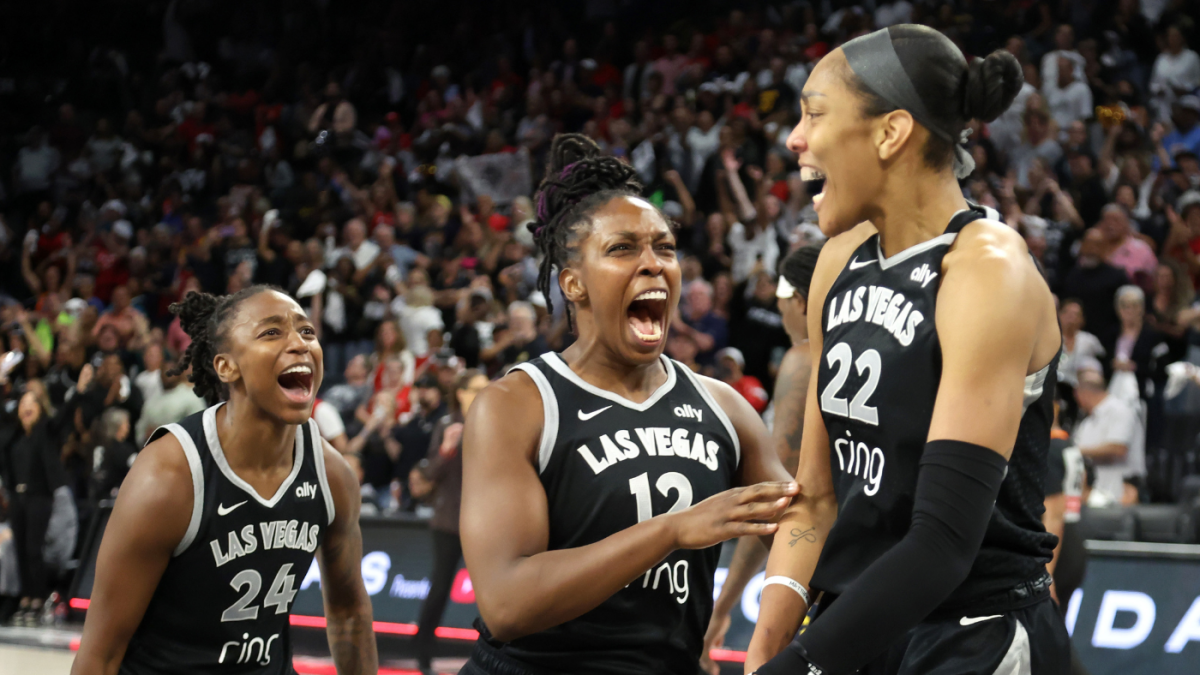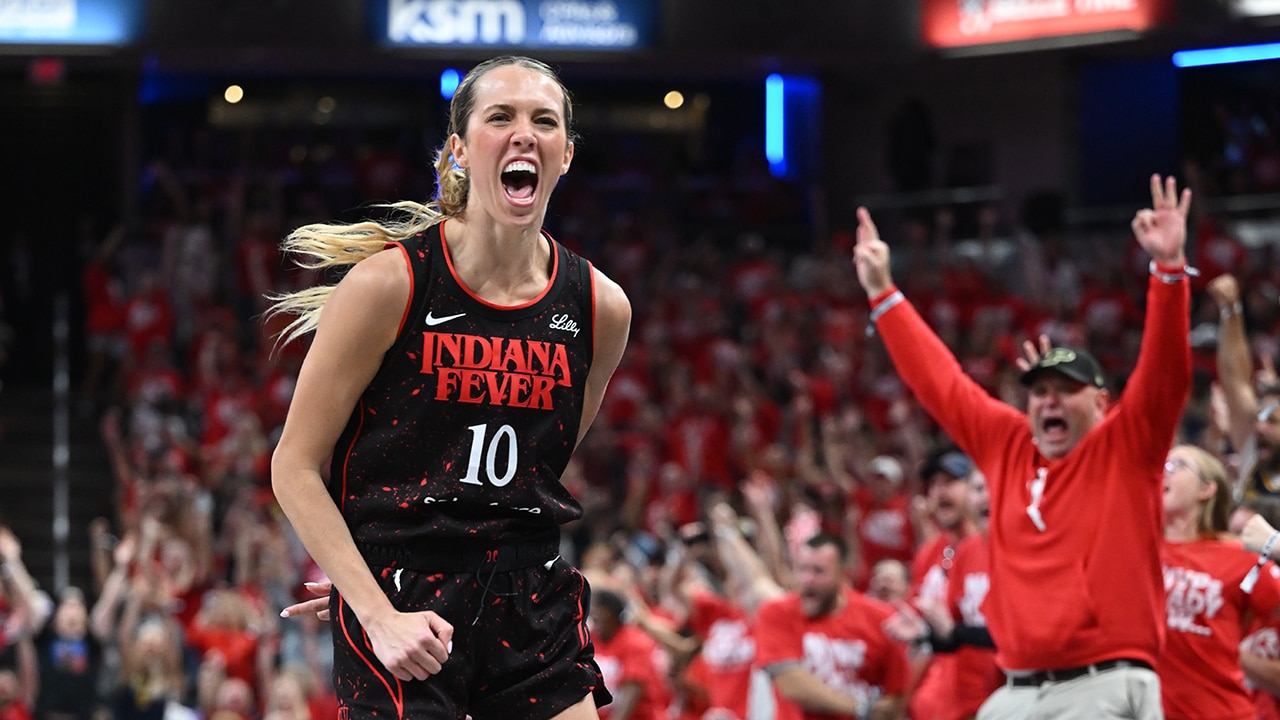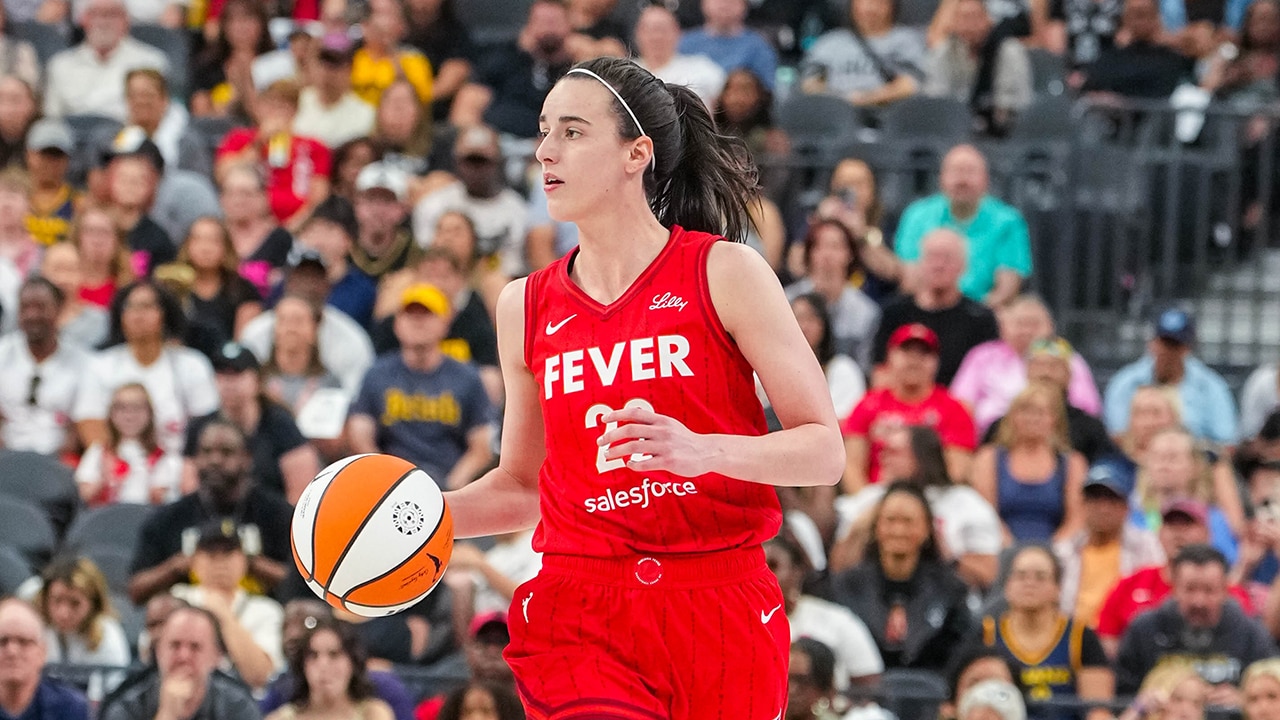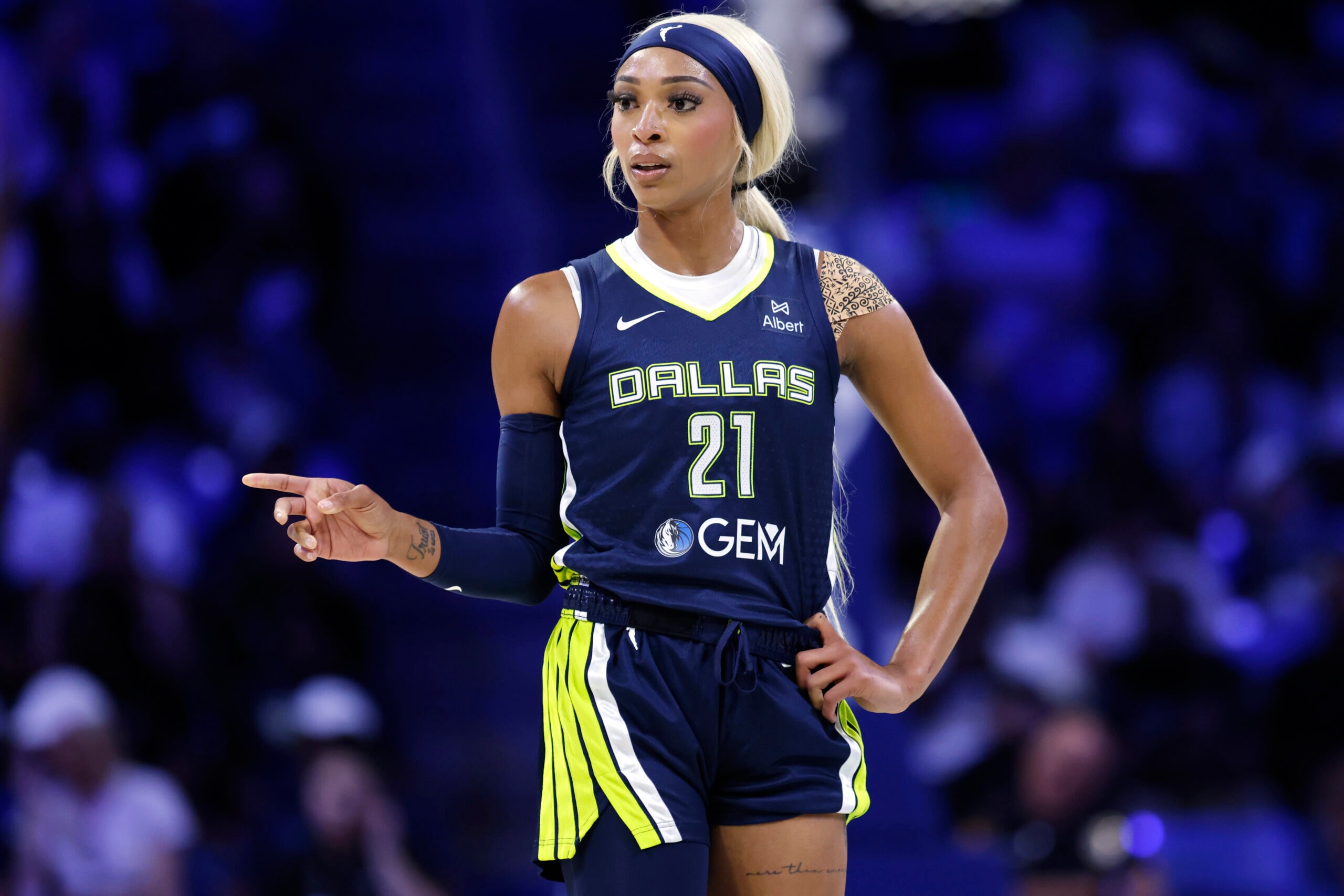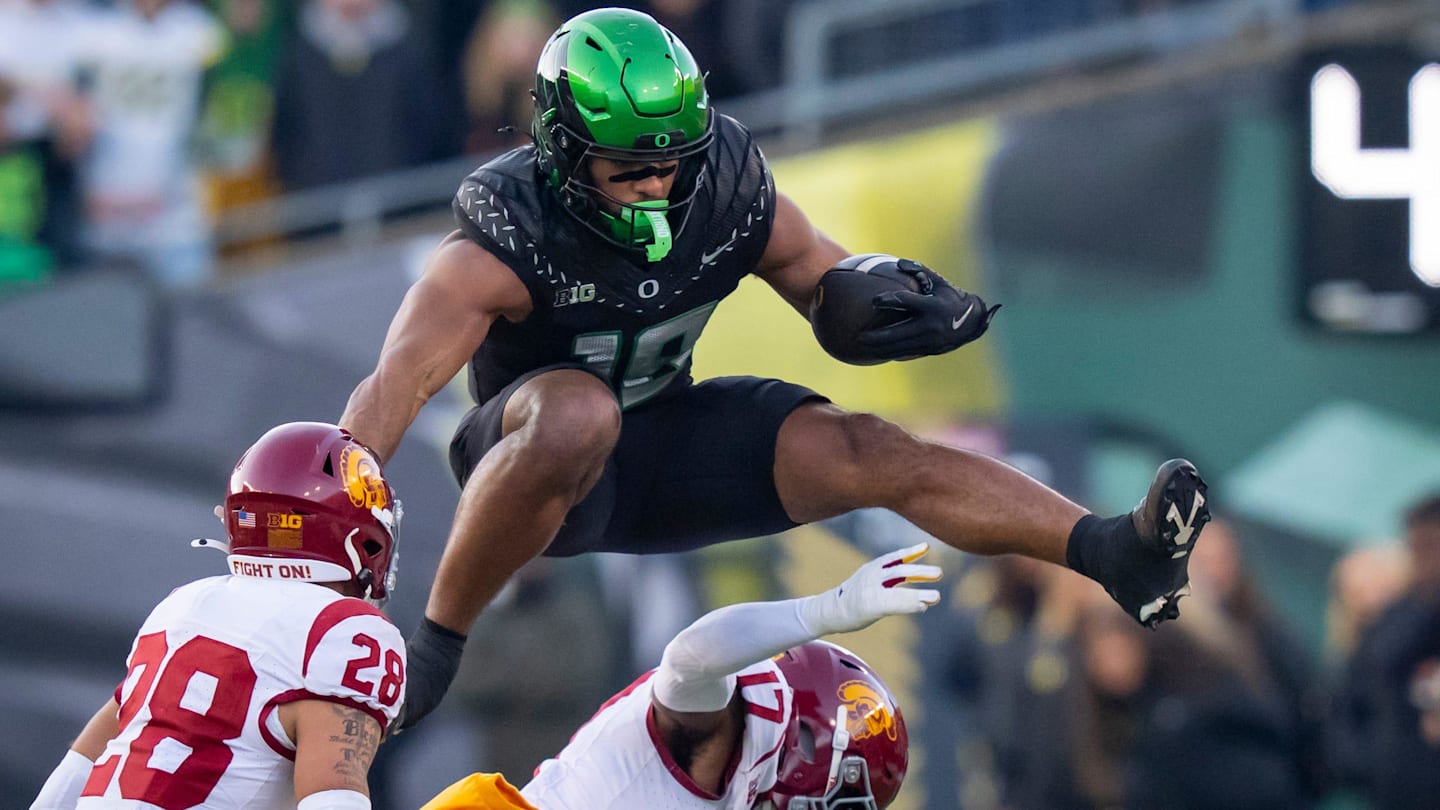Sophie Cunningham Blasts WNBA Leadership: Calls for Change and Possible Lockout

Sophie Cunningham’s Bold Critique of WNBA Leadership
Sophie Cunningham did not hold back in her recent comments about the WNBA’s leadership, notably Commissioner Cathy Engelbert. Calling out the league's management, Cunningham bluntly stated, “They don’t know s–t,” reflecting deep frustration among players about decisions made off the court. Her remarks highlight a growing disconnect between players and league officials, especially concerning the collective bargaining agreement and officiating issues.
Player Discontent and Calls for Change
Cunningham’s criticism is part of a wider player dissatisfaction with how the league is run. She emphasized that many in leadership lack firsthand basketball experience, which she believes contributes to poor decision-making. This disconnect has fueled talk of a potential lockout, as players demand fair treatment and recognition of their contributions during a moment when the WNBA is gaining momentum and visibility.
The Road Ahead for the WNBA
Despite the tension, Cunningham remains hopeful that players will eventually take on leadership roles to improve the league from within. Her candidness underscores the urgent need for change to ensure that the WNBA’s future is shaped by those who truly understand the game and its athletes.
About the Organizations Mentioned
WNBA
The **Women's National Basketball Association (WNBA)** is the premier professional women's basketball league in the United States, established in April 1996 by the NBA and beginning play in 1997. It was created to capitalize on the rising popularity of women's basketball, especially after the U.S. women's basketball team's success at the 1996 Summer Olympics[1][6]. Starting with eight teams, the league expanded to twelve teams by the late 1990s and remains the longest-running professional women's basketball league in the U.S.[1]. The WNBA has played a critical role in elevating women's professional sports and increasing visibility for female athletes. Early on, the league showcased star players like Cynthia Cooper, Sheryl Swoopes, and Tina Thompson, who led the Houston Comets to four consecutive championships from 1997 to 2000, establishing the league's first dynasty and helping to build credibility and fan interest[2]. Cooper, a four-time WNBA Finals MVP, became one of the most influential figures in women's basketball history. Despite notable achievements, the WNBA has faced persistent challenges such as financial struggles, salary disparities compared to male athletes, and competition from other leagues. Many top players supplement their income by playing overseas during the WNBA off-season[1]. The establishment of a players’ union in 1999 was a significant milestone, empowering players to advocate for better conditions and salaries[1]. Currently, the WNBA continues to grow in popularity and influence, attracting media coverage and expanding fan engagement through broadcasts and digital platforms[4][5]. It serves as a vital platform for women’s sports, inspiring young athletes and contributing to the broader conversation on gender equity in professional sports. The league’s resilience and ongoing development highlight its importance in the sports and business landscape[1][2].
